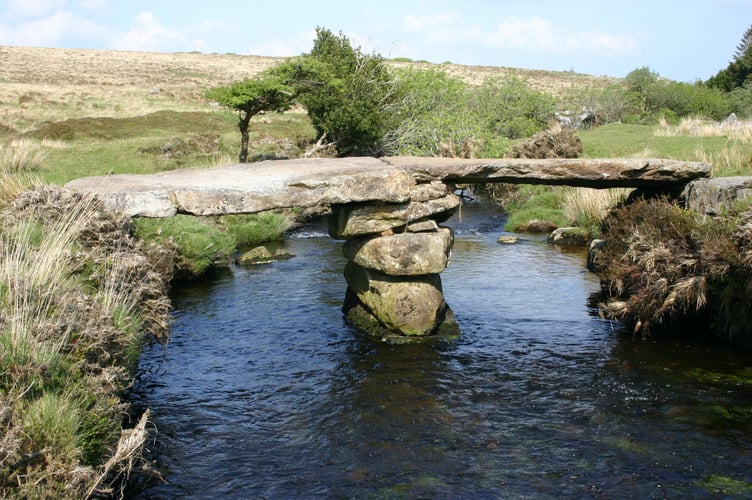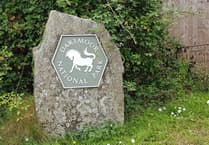A successful scheme which has seen a team of ‘marshals’ patrolling Dartmoor to prevent damage and anti-social behaviour at known trouble spots is to continue – as long as funds can be found.
The Dartmoor National Park Authority (DNPA) will lobby for money to support the team for the coming year after hearing how effective it had been.
Last year was the fourth year of the Dartmoor Marshals’ scheme, which was supported by a number of local organisations including the police.
The National Trust, Woodland Trust, Okehampton Hamlets Parish Council, Forestry England and the Dartmoor Rural Crime Partnership have also been involved.
Teams of up to six marshals went out nightly from the end of July to the beginning of September with the aim of ‘engaging and educating’ the public at key locations.
They logged 220 byelaw infringements on issues from overnight stays in motorhomes and ‘fly-camping’ by the roadside to open fires and dogs off leads.
On one occasion they were able to step in and stop an illegal rave.
Head ranger Simon Lee told a DNPA meeting: “There has been a lot of positive feedback from the scheme. The marshals have worked really, really well and we are looking to run them again this year.”
DNPA member Philip Sanders said the scheme was a ‘phenomenal success’ and the national park’s conservation director Richard Drysdale said marshals had been able to intervene and prevent incidents escalating into police matters.
There was also praise for the moor’s ‘engagement volunteers’ who staff key ‘honeypot’ sites including Haytor, Postbridge, Wistman’s Wood track and Foggingtor. They talk to visitors about issues such as litter and keeping dogs on leads through the lambing and bird nesting season.
Authority deputy chair Peter Harper said: “Visitor management is never easy, but if we can cajole people instead of having to push them, it’s a great opportunity.”
Mr Lee told the meeting the strategies had been particularly successful at Bellever, where an emergency ban on camping had to be imposed several years ago after the lifting of the first covid lockdown after fires were lit, human waste was left at the roadside and litter was strewn around.
“Bellever is a bit of a success story,” he said. “We put a lot of effort into that site. I look at it now and say I’d bring my family back here, now there’s not so much risk of stepping on broken glass.
“Bellever is looking quite nice now.”
The meeting also decided that Dartmoor’s rangers would continue to use body-worn video cameras while on patrol on the moors.
The decision followed a two-year trial during which the cameras had been activated seven times to incidents including trials bikes and abusive groups of people on the moor.
When they were first introduced, rangers said it was because they had been verbally abused, ‘flashed’ at, threatened with a mallet and chased. While the incidents were rare, DNPA members said even one was unacceptable.
One ranger was able to use footage from a miniature camera to prove that he had not knocked down a member of the public with his Land Rover.
Members of the team always wear cameras when patrolling areas around Spitchwick, Deeper Marsh, Bellever, Cadover and Roborough Down, and always have their cameras charged up in their vehicles in case they are needed elsewhere.




